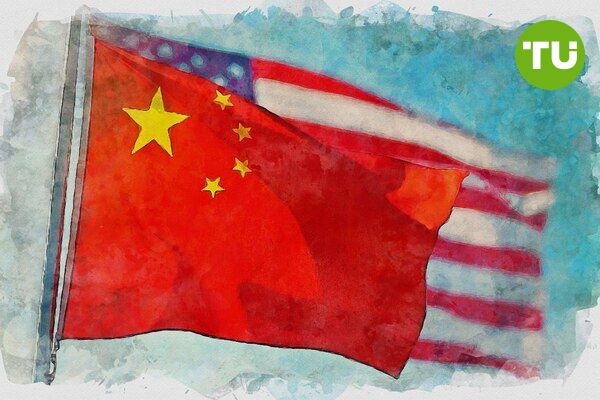China urges U.S. to cancel tariffs, warns of retaliation
 China opposes new U.S. tariffs, pledges countermeasures
China opposes new U.S. tariffs, pledges countermeasures
China has strongly condemned the latest round of U.S. tariffs and vowed countermeasures to protect its economic interests.
The announcement comes after President Donald Trump imposed sweeping levies on all U.S. trading partners, escalating tensions between the world’s two largest economies. In a statement issued Thursday, China’s Commerce Ministry criticized Washington’s actions, stating that the U.S. was disregarding the benefits it has long reaped from international trade, reports Reuters.
“China firmly opposes this and will take countermeasures to safeguard its own rights and interests,” the ministry declared. The move signals an intensification of the ongoing trade war, which could further disrupt global supply chains and economic stability.
Trump's Tariffs Target Chinese Exports
On Wednesday, Trump announced a 34% tariff on Chinese goods—an increase from the 20% levy he introduced earlier this year—bringing the total new tariffs to 54%. The figure nears the 60% threshold Trump had threatened during his presidential campaign.
As part of the new measures, Chinese exporters will face a baseline tariff of 10% on nearly all goods entering the U.S. starting Saturday. Additional “reciprocal tariffs” will take effect on April 9. Furthermore, Trump signed an executive order closing the “de minimis” trade loophole, which previously allowed low-value packages from China and Hong Kong to enter the U.S. without duties.
China's Trade Commitments Under Scrutiny
Trump has also ordered the U.S. Trade Representative to assess whether China has met its obligations under the 2020 Phase 1 U.S.-China trade agreement. The deal required Beijing to increase its purchases of U.S. exports by $200 billion over two years, but China fell short of these targets, partly due to the COVID-19 pandemic.
In 2017, before the trade war began, China bought $153 billion in U.S. goods. That figure rose to $164 billion in 2023, according to Chinese customs data. With both sides preparing for countermeasures, the U.S.-China trade war appears set to escalate, raising concerns over its broader economic implications.
Additionally, Donald Trump has announced a sweeping 25% tariff on imported automobiles and key vehicle components, escalating trade tensions and signaling a broader push for protectionist economic policies.













































































































































